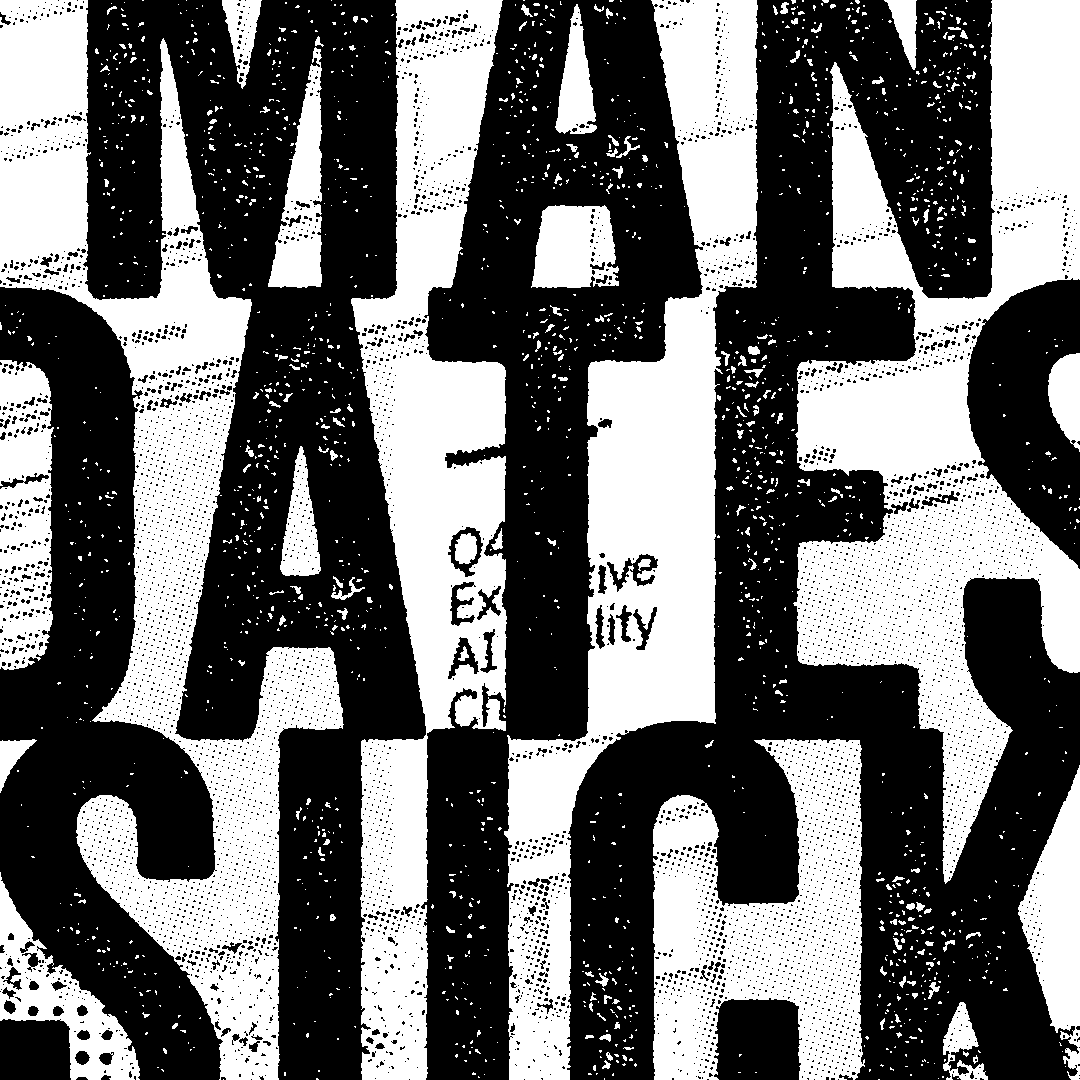It's like Watson on repeat.
This post won’t be for everyone, but a project I’ve been working on for the last couple of months just went live and I’m proud of the outcome.
Over the past few months, I've been working with two former colleagues from IBM who specialize in transformation—Matt Fangman and Sean Wood. Collectively we have been in confidential conversations with C-suite leaders and executives about their AI initiatives—where things are working, where they're stuck, and what's keeping them up at night.
The patterns that emerged echo stories we've heard from the past. Many organizations aren't struggling due to technology constraints. They're struggling because they haven't built the organizational capabilities to transform. Starting at the leadership level. We've seen all of this before, first hand, ten years ago during IBM's launch of Watson.
What was true back then is true now, there are no shortcuts to get AI integration and adoption right. It’s disturbing to me how many executives and people in positions of leadership simply don’t put in the effort that’s required to make things great. So many spend the majority of their time in search for an easy button—shortcuts that don’t work, waste time and resources, and burn people out.
In short, a lot of the bullshit people are being mandated to go through right now is the same crap executives have been doing for decades. Speaking for the people on the front line, at other end of these stupid executives decisions, they are forced to make do with that they can glean off the Internet to duct tape things together in order to reach some inane deadline for AI adoption or integration or transformation or whatever. All done to appeal to a board of directors or worse, to appease the shareholders.
What happened at IBM ten years ago is now being seen and felt the world over today. The difference is that what happened with Watson primarily affected IBM and a few customers. Today, the impact is everywhere. And just as the World Wide Web was not felled by a market collapse, neither will AI. Just as ignoring AI, looking for the quick win—damn the workers—is not the play anyone should be making.
Based on decades of experience Matt, Sean, and I have come up with a straight forward, human centered response to AI related failures at large. This work builds on Creative Intelligence—empowering individuals by making them more adaptible, resilient, and confident in their work.
We have published a report on the conclusions of our research and the unveiling of a new framework that will drive success in the years ahead. In addition, we created 30 day action plans that executives can make now based on where their organization are currently through a simple diagnostic. You can sign up for the report and watch the brief that we gave a few weeks ago to a private audience.
Check it out or don’t. But if you’re on the shit end of a half-baked mandate, send the link to someone you can trust at the top.


Member discussion